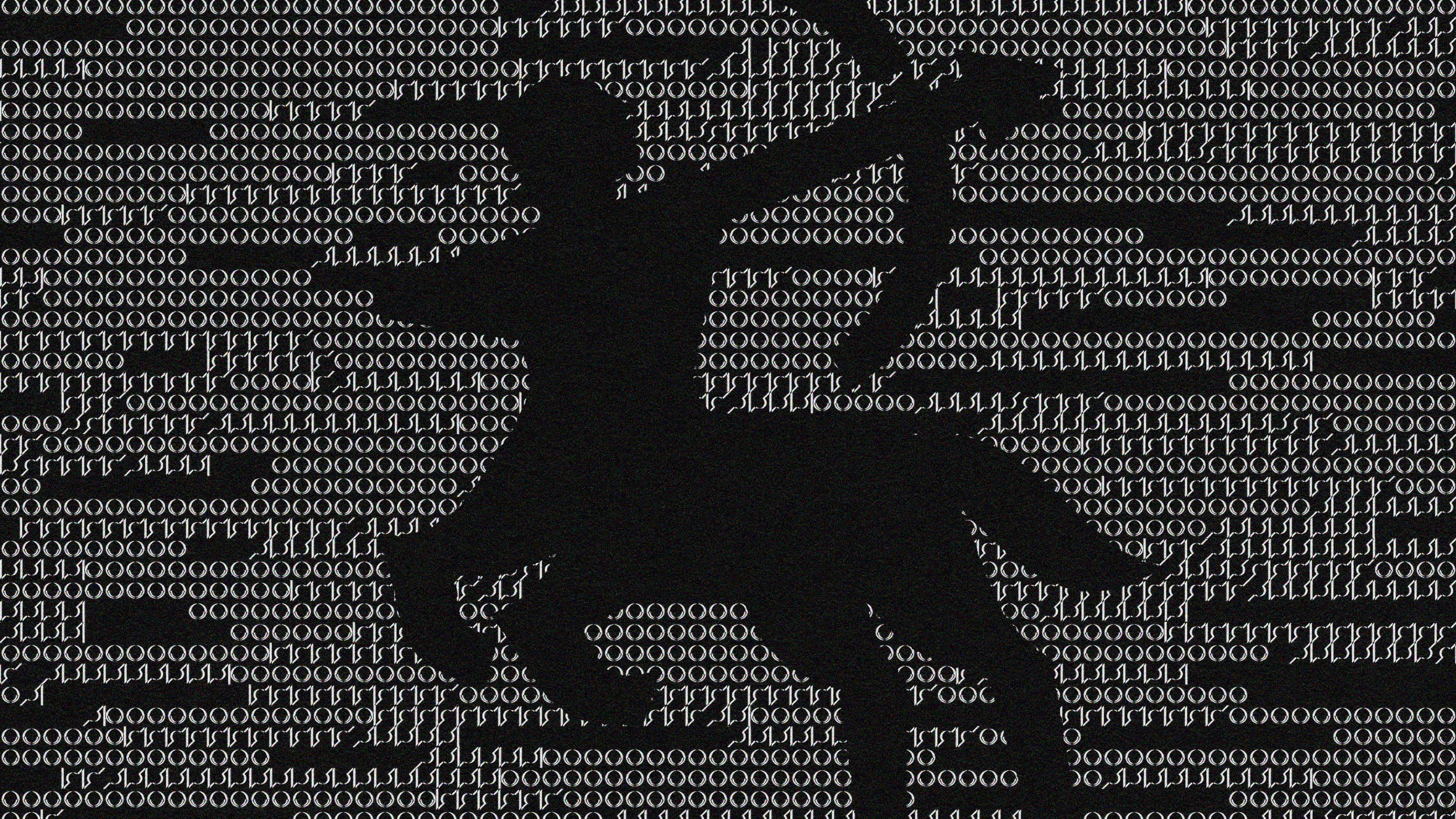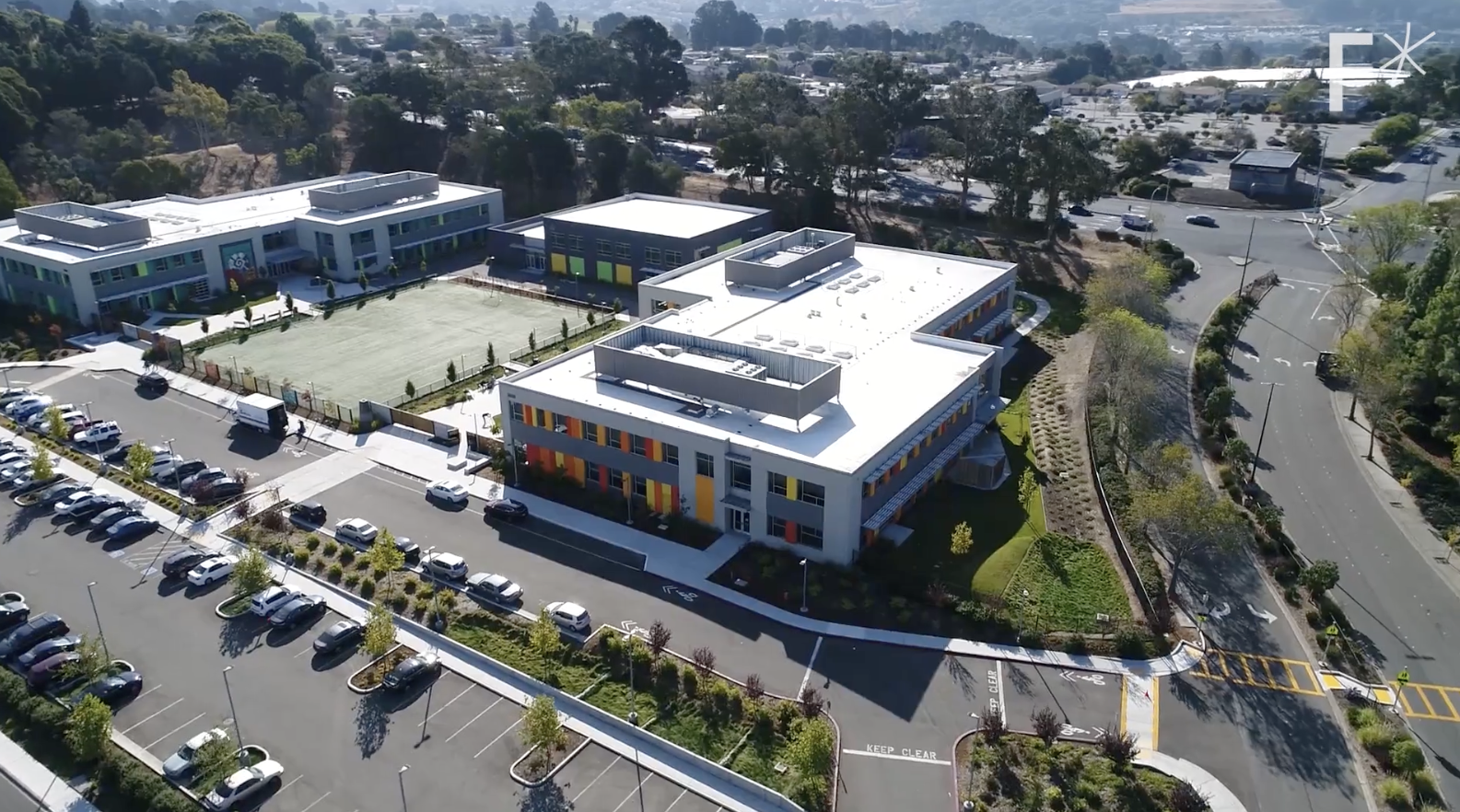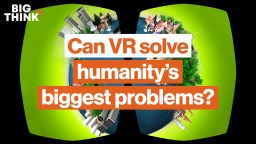JAMIE MERISOTIS: In the past, we had what you might call a temporal model of learning. First you'd learn, then you'd work. But in the current era, working and learning will have to be much better integrated. They will have to be connected.
If you think about the transition to the industrial age a generation ago, people who went from farm jobs to factory jobs, actually that transition was not that difficult. It was essentially a different way of using manual skills in order to be able to do the work that's required in that new age, in the industrial age. In the transition from the industrial age to the knowledge age, we have a very different set of circumstances. So, for example, the people who were recently laid off by GM are not going to easily transition into coding jobs. It's a very different set of skills and abilities that they will need to be trained in, that they'll need to be educated in, in order to be able to do these new jobs, to do the "human work" that's required.
So there's a growing understanding that human work, the work that only humans can do, does not need to take place in a job. It can take place in a context where you have an interaction with someone who provides the resources, the money for you to pay for what needs to be done, but is not in the context of a job. And I think we're going to start to see that in terms of how the learning system connects with how we're preparing people for jobs.
In other words we don't need to be preparing them for "jobs" in that sense. We need to be preparing them for the human work, and we need to be thinking about people not as students or as workers but as worker-learners over the course of their entire lifetime. Now, in this context, I think it's important for us to remember that as we prepare people for that future of work we actually have to make sure that they have both generalizable knowledge and skills as well as content specific knowledge.
In other words, you're not going to be preparing for a job in accounting or chemistry or graphic design. You're going to be preparing for a broader set of knowledge skills and abilities that you can apply in different work contexts. Some of that might be in the context of what we today traditionally call a job, but going forward I think people are going to be working in lots of different ways, in ad hoc ways, as independent contractors, et cetera. That's the kind of work we need to be preparing people for.
Lumina's vision for this is that we actually have need to have a system where we match the credentials that people attain with what they will actually need in this future workplace. We need to make sure that the credentials are transparent, that they actually show what people know and can do. That the learning providers are actually preparing people to get those credentials – whether they be degrees, certificates, certifications, badges, licenses, whatever it may be, in ways that are transparent, that actually do help both the individual and the person employing them or the company employing them understand what they know and can do. And those transparent credentials actually have to be applied in a way that aggregates so that society benefits from those credentials. In other words, you as an individual need to get a credential that is important to you, but ultimately we need to have our eyes on the prize, which is the combination of all of those people with those credentials. That talent is what's going to power our economy, strengthen our democratic systems, ultimately improve our well being, because of that talent that's being developed and acknowledged through the credentials.







